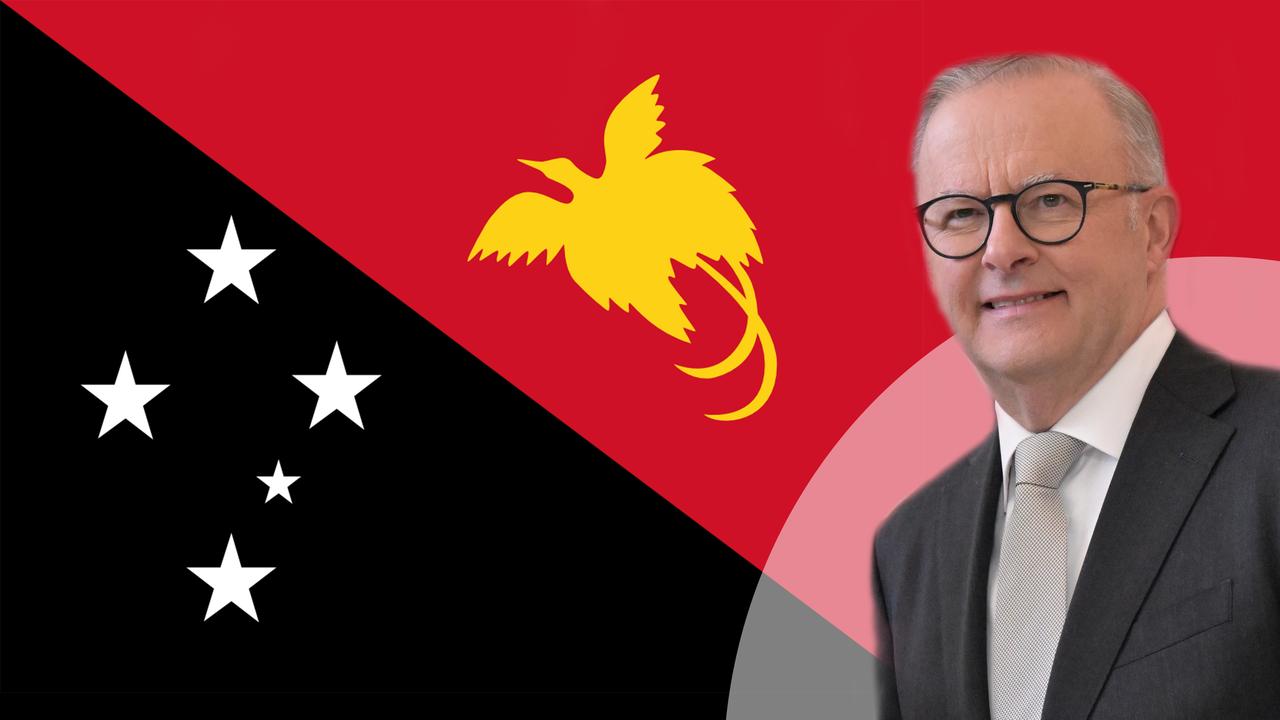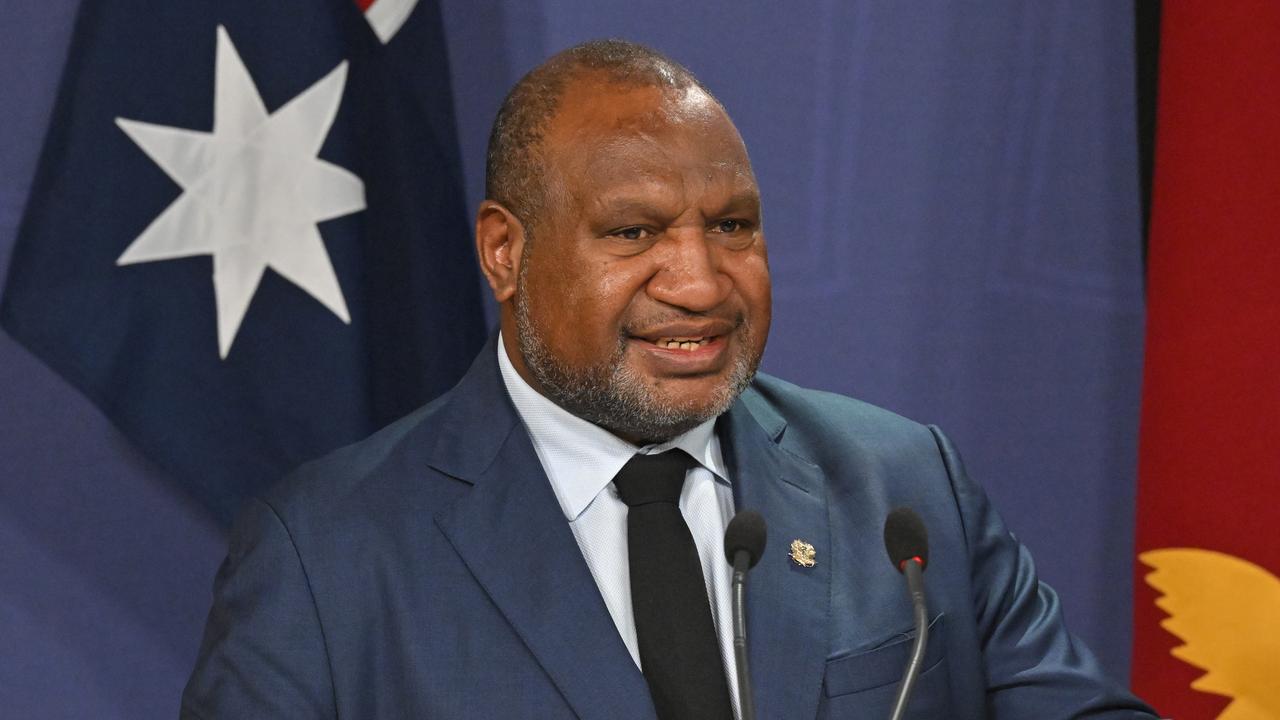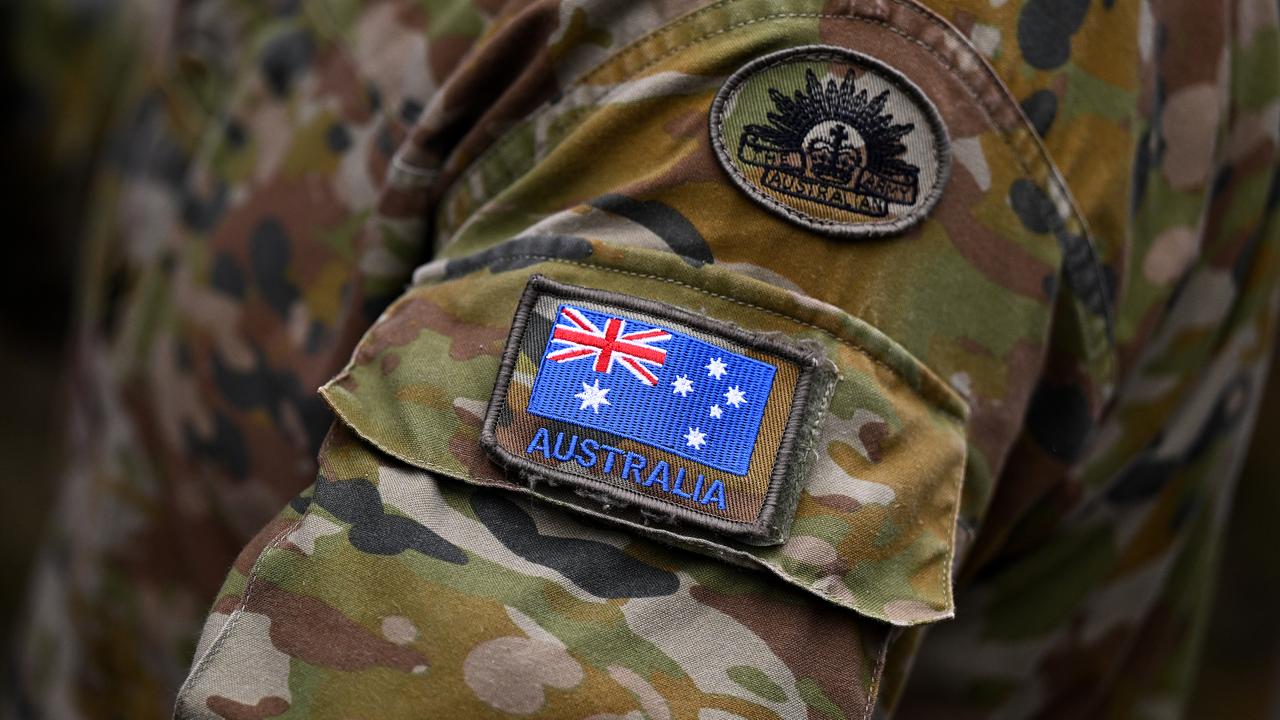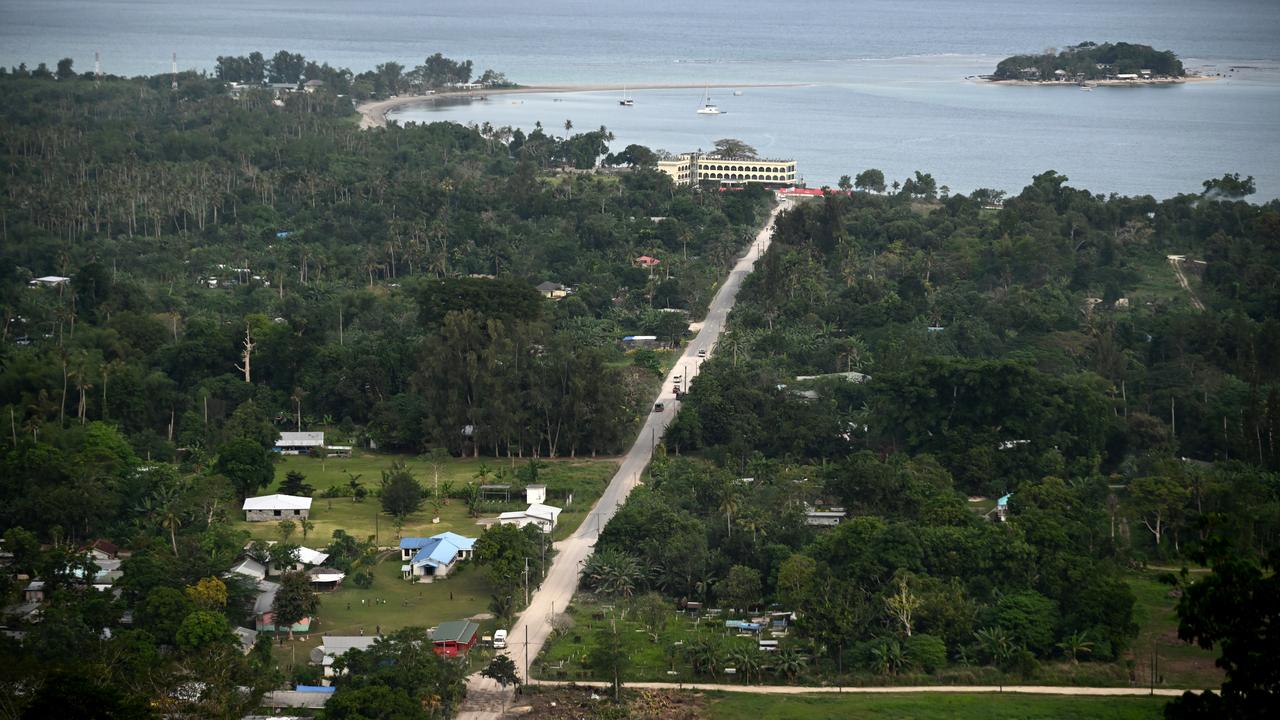
Australia and its nearest neighbour are set to sign a significant defence treaty as seasoned observers wait to discover whether it will deliver a “holy grail”.
Prime Minister Anthony Albanese will travel to Port Moresby on Monday to attend Papua New Guinea’s Golden Jubilee celebrations and finalise a defence agreement with counterpart James Marape.
The deal will enable PNG nationals to serve in Australia’s defence force with the same pay as other members and start a pathway to citizenship.

Details are yet to be revealed, including whether both countries would be compelled to consult one another if they faced a security threat, similar to NATO’s Article Four clause.
Mr Albanese emphasised the two nations were expanding their partnership as equals and had the same vision for a stable and prosperous Pacific.
“Our relationship now is a relationship about security,” he told reporters ahead of the trip.
“It’s an economic relationship, it’s about people-to-people relations.”
The treaty speaks to a shared ambition between the two nations, Defence Minister Richard Marles said.

“What we’ll be saying in the next few days is a genuinely historic agreement between our two countries,” he said.
It’s PNG’s first defence agreement with another nation and deeply significant for the country, Lowy Institute research fellow Oliver Nobetau said.
The world was waiting to learn if it included an exclusivity clause, which meant PNG could not pursue similar deals with other countries, such as China, he said.
“We can define that as a sort of the holy grail of security partnerships in the Pacific and if you can get that, it can signal a return to greater regional stability,” Mr Nobetau told AAP.
Australia is competing with China and other countries for influence in the region and the PNG deal comes after an agreement with Vanuatu hit a stumbling block.

PNG is one of three nations in the Pacific with a military, alongside Fiji and Tonga.
PNG viewed itself as a “big brother” in the Pacific and was seeking a more dominant role as it marked 50 years since gaining independence from Australia, Mr Nobetau said.
“This sets the tone of what the biggest country in the Pacific wants to do in terms of security and we may see PNG play a greater role in influencing other countries as well,” he said.